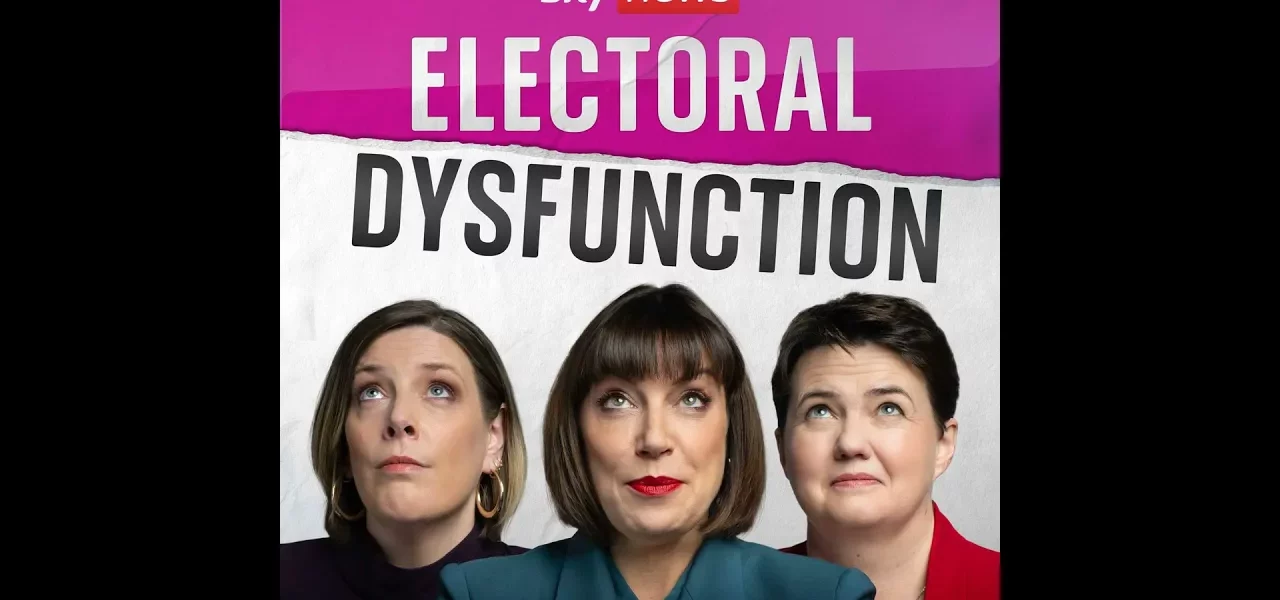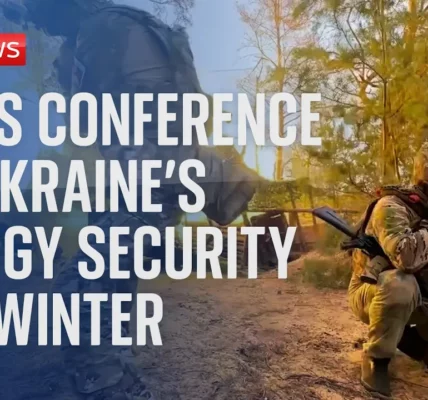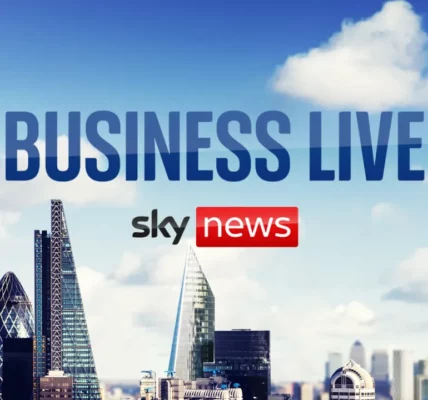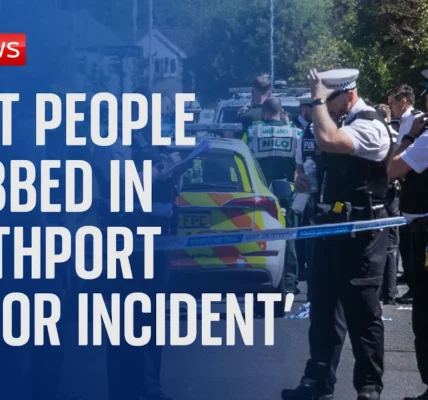Electoral Dysfunction: Insights and Campaign Strategies

Welcome to our in-depth exploration of the current political landscape, where we discuss the latest developments in campaigning, political figures, and the impact of recent events on the electoral process. This article will provide a comprehensive overview of key topics, featuring insights from prominent figures and their perspectives on the upcoming election.
Introduction
The political atmosphere is charged with excitement and uncertainty as we approach crucial election events. Recent developments have stirred discussions among political commentators and activists alike. From campaign strategies to noteworthy figures in the political scene, this article delves into the significant aspects of the electoral process, highlighting the reactions and strategies being employed as the election date approaches.
Campaigning and Election Strategies
The current electoral campaign has seen a surge in grassroots movements and public engagement. Various political figures have taken to the streets, knocking on doors and connecting directly with voters. This section explores the dynamics of campaigning in the modern political landscape.
The Role of Public Engagement
As political candidates increase their visibility, the importance of engaging with the public cannot be overstated. Here are some key points regarding public engagement:
- Direct interaction with constituents fosters trust and transparency.
- Campaigning in local areas helps candidates understand voter concerns firsthand.
- Grassroots movements can significantly influence voter turnout.
Key Figures in the Campaign
Among the significant figures in the current political landscape is Harriet Harman, a veteran MP and former Deputy Leader of the Labor Party. Her insights and experiences provide valuable context to the discussions surrounding the election.
The Impact of Recent Events on the Election
Recent political debates and announcements have shaped public opinion and campaign strategies. This section examines how these events have influenced the electoral landscape.
Televised Debates and Their Consequences
Televised debates play a critical role in shaping public perception of candidates. The latest debates have sparked discussions about key issues, particularly concerning tax policies and economic strategies. Here are some insights:
- Debates highlight contrasting views on taxation and public spending.
- Candidates must effectively communicate their policies to avoid misinterpretation.
- Public reactions to debate performances can sway undecided voters.
Social Media’s Role in Politics
Social media has transformed the way political messages are conveyed. It offers platforms for rapid dissemination of information and real-time engagement with voters. Here are key points regarding social media’s influence:
- It allows for immediate feedback and interaction with constituents.
- Campaigns can utilize social media to target specific voter demographics.
- Misleading information can spread quickly, necessitating effective counter-strategies.
Women in Politics: A Growing Force
The representation of women in politics has gained momentum, with many female candidates stepping forward to influence change. This section explores the role of women in the current electoral campaign.
Historical Context
The involvement of women in politics has evolved significantly over the past few decades. Harriet Harman reflects on the progress made and the challenges that remain. Some historical milestones include:
- The introduction of all-women shortlists in the Labor Party.
- Increased visibility of female politicians in leadership roles.
- A growing network of support among women in politics across party lines.
Current Female Leaders
Today’s political landscape features several influential female figures who are reshaping the narrative. Their contributions are vital in advocating for various issues, including:
- Childcare and domestic violence support.
- Women’s representation and equal pay initiatives.
- Advocacy for policies addressing violence against women.
Conclusion
As we navigate through the complexities of the current electoral campaign, it is clear that public engagement, strategic communication, and the representation of women play pivotal roles in shaping the outcome. The conversations happening today will influence the future of political discourse and policy-making. We encourage readers to stay informed, engage with their communities, and participate actively in the political process. Join us in discussing these critical issues, and share your thoughts on how we can create a more inclusive and effective political landscape.
Call to Action: Share your views on the current political climate and engage with us on social media. Your voice matters in this election!
“`




